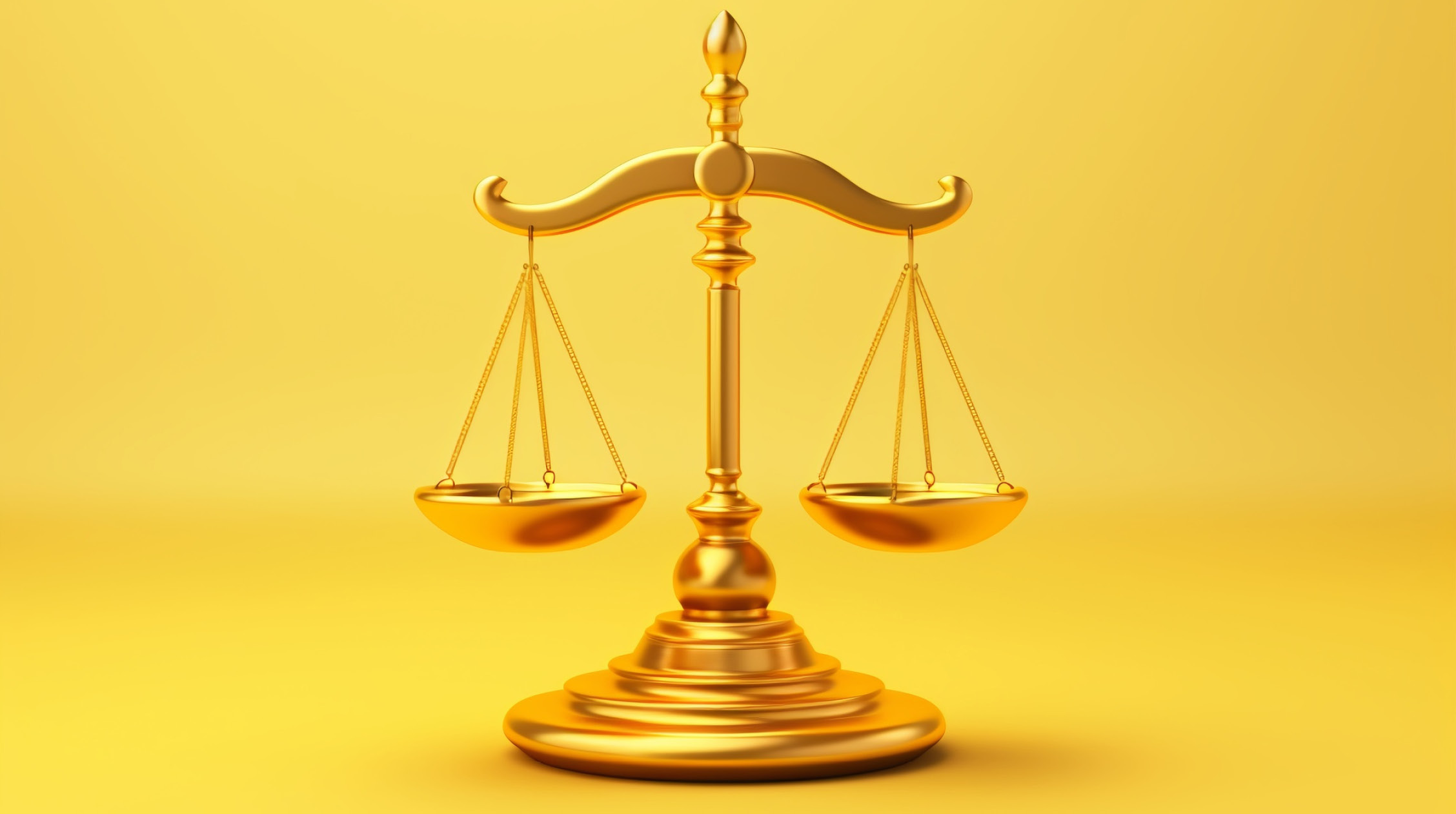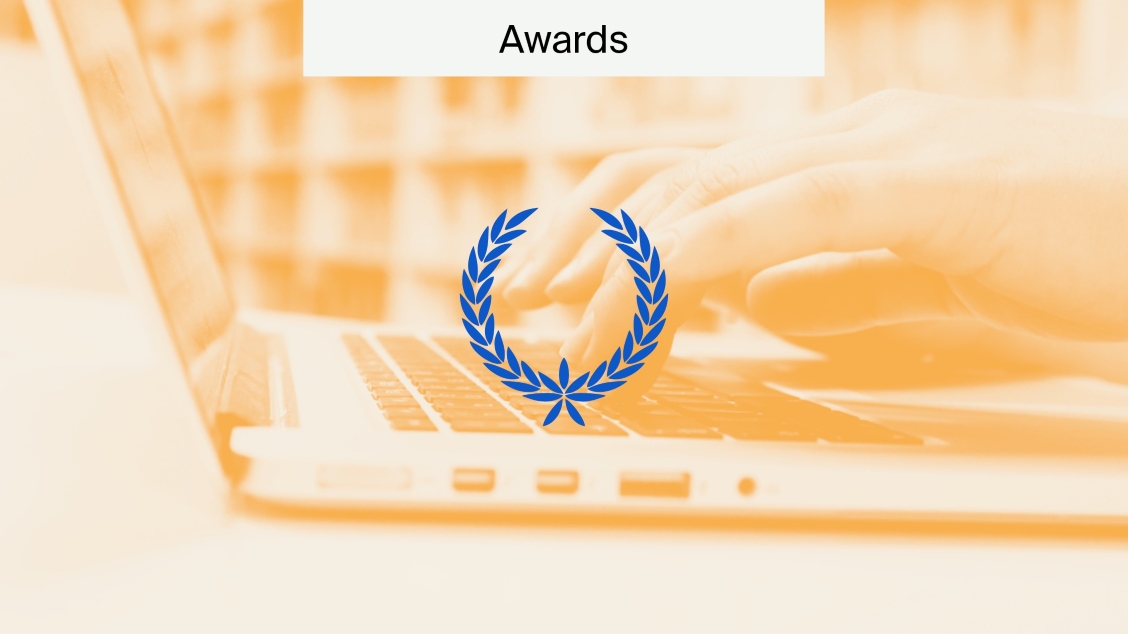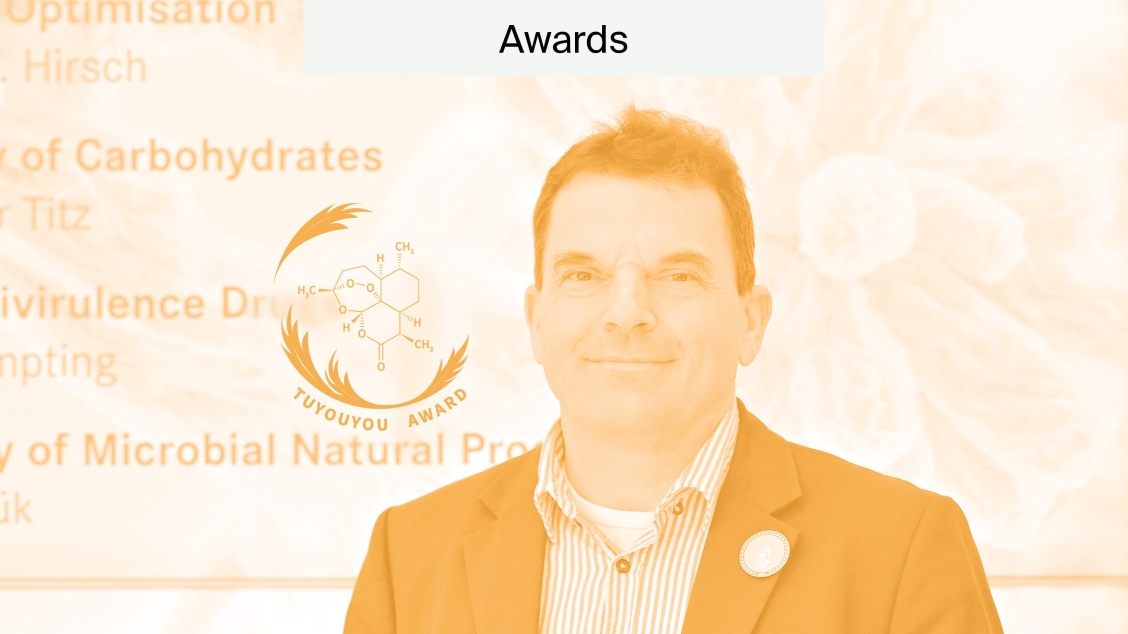
Ethics in Publishing
Ethics are part of everyday life. Ethos is a Greek word which translated to English means character or conduct. Ethics are used to define what is morally right and what is wrong. The dictionary defines ethics as a system of beliefs that govern behaviour.
They can be used to describe a person or organisation’s character and because of this can be used to judge their reputation. Ethics in publishing is fundamental. It prevents the spread of misinformation by ensuring all research is accurate and reliable. Furthermore, it instils public trust in high-quality research as well as awarding credit where it is due.
Here, we explore the articles that describe aspects of ethics in the publishing industry and how MDPI adheres to best-practice industry standards.
Regulatory Bodies
Publication ethics are integral to everything we do here at MDPI. MDPI is a member of the Committee on Publication Ethics (COPE). We fully adhere to its Core Practices and to its Guidelines.
In addition, we also follow the International Committee of Medical Journal Editors guidelines (ICMJE).
Furthermore, MDPI journals uphold a rigorous peer-review process together with clear ethical policies and standards to support the addition of high-quality scientific studies to the field of scholarly publication. Where we become aware of ethical issues, we are committed to investigating and taking necessary action to maintain the integrity of the literature and ensure the safety of research participants.
Here at MDPI we have a wide range of journals, publishing volumes of fascinating research. Moreover we have 435 journals in total; 426 peer reviewed journals and 9 conference journals for publishing from academic conferences.
As an open-access platform we welcome innovation. Because of this, we are extremely collaborative and open to new research ideas and topics. Researchers are encouraged to submit their proposals for new journals or can publish their own journal published with MDPI.
Ethics in Open-Access Publishing
In this important article, Jack investigates the diverse roles and responsibilities of maintaining ethics in open-access publishing. Moreover, he details the definition of ethics in open-access publishing and all the challenges that come with it. Jack states that,
“Artificial intelligence is the most immediate and pressing issue. Detecting AI-generated content is difficult, as AI tools are constantly updating and becoming increasingly sophisticated. This has enabled the rise of paper mills, which are organisations that produce and sell fabricated manuscripts”
The article details the roles of the scientific publishing community, listing their responsibilities related to ethics.
Artificial Intelligence: Ethical Considerations In Academia
As Jack states in Ethics in open-access publishing “Artificial intelligence is the most immediate and pressing issue.”
Artificial Intelligence is a new technology that has become relevant in every field. Because of this, it’s important to be aware of the risks and ethical implications. It has raised a lot of questions regarding its use in academia and publishing. Because of this, Nat has written an informative article detailing the ethical considerations of AI. As Nat notes,
“The recent developments in the field of Artificial Intelligence have generated a lot of excitement and uncertainty. Generative AI and, in particular, large language model (LLM) chatbots that can be used to easily create original content are widely debated. Most acknowledge that they can be good or bad depending on how they’re used.”
In particular, Nat’s article takes a closer look at LLM-chatbot use in relation to academia and publishing.
Authorship Guide
In another informative article, Daniella takes us through the true meaning of authorship in publication ethics. This includes the definition of authorship, information regarding MDPI authorship criteria and the MDPI authorship process. In addition, the article also details more information regarding organisations such as COPE and ICMJE and how MDPI adheres to their policies.
“Authorship refers to the person or persons involved in the production of a manuscript. It’s used to designate credit for the specific work completed on a manuscript. This is important for academic reputation and social and financial implications.”
Furthermore, the article covers debates on authorship such as the role of AI in authorship. The article also provides advice on best-practice related to deceased authors and handling authorship disputes.
If you’re interested in reading more about authorship please see our article; Authorship FAQ: Interview with Scientific Officer
, where we interview one of our scientific officers on MDPI authorship.
Considering Ethics at MDPI: Updates
In this article, Shaheena explores the way that ethical principles can be upheld in the industry and the criteria that standardize practices across the board. She describes the role of the Committee on Publication Ethics (COPE) and how it supports the publishing industry in maintaining high standards. She also looks at how to protect against misconduct and malpractice in the publishing industry.
In addition, she presents two recent updates to MDPI Special Issues and the correction policy. Shaheena states,
“Whatever the case, a strong commitment to ethics helps to enhance the quality of academic research being produced as new challenges emerge.”
If you would like more information regarding MDPIs ethics policies please visit our research and publication ethics website or if you’re interested in publishing your research with us, please see our full list of journals.










